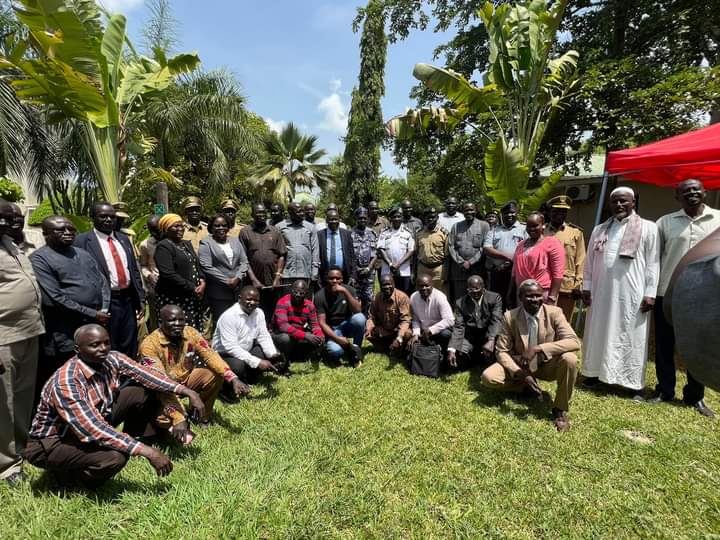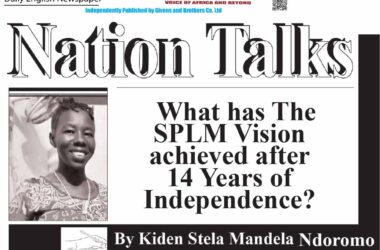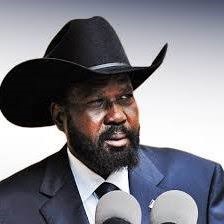
By Bida Elly David
Central Equatoria State government has vowed to revive and reform the State’s fiscal and monetary policies through tax minimization to encourage domestic production, and reduce economic recession.
The promise came in a workshop earlier this week in a bit to transform tax sector and create affirmative trading environments for external and domestic merchants at various levels.
Recently, fiscal and monetary policy has been dictating State’s economic position and all part of the country through inconsistent market recession that resulted into reduction of domestic production, and giving rise to prices of imported commodities reciprocating the effects into final consumers.
The shift has discouraged wholesale and retail businesses as tariffs stood against the will of merchants at external and domestic level.
The workshop was attended by different levels of State government officials which included, Ministers, State Commissioners, technical advisers, representatives from the States Chamber of Commerce, Trade Union representatives among others.
The workshop was organized to brainstorm on ways through which tax sector can be enhanced and reformed to minimize rampant influx of inflation in Juba.
Speaking at the forum, Viana Kakule the State Minister of Trade and Industry said CES government should work hard and reduce rate of taxes on traders.
“We are working hard to ensure that our traders at the level of the State are set free from paying multiple tariffs to the tax unit. We know how traders have been burdened with the issues concerning the collection of multiple taxes from their businesses,” Kakule he said.
She promised that the Ministry of Trade in collaboration with authority of Juba City Council would work to reduce taxes to a sustainable level.
The minister has urged tax unit not to indict much pressure against merchants to discourage them in running businesses.
“We promise to minimize the pressure given on the business merchants and urging the tax unit to avoid much pressure to discourage the them from their activities,” She the official said.
Meanwhile, the Mayor Juba City Michael Lado Allah-Jabu blamed the cause of economic recession in the country on the war between Russia and Ukraine.
“Ukrain war has caused too much food shortage to African Countries since most of the goods have been imported from there. The on-going inflation also has been impacted from the same scenario of war making international traders to increase prices of essential commodities,” the mayor said.



